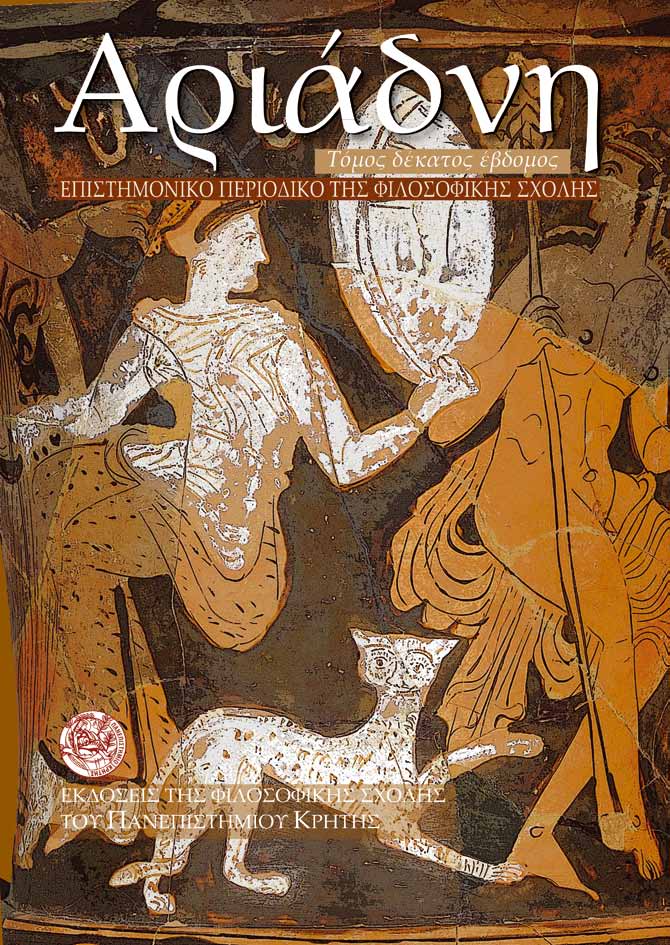‘Melodrama in Greek voice’. The Greek Melodramatic Troupe of Ioannis Karayannis: A barnstorming carrier of Hellenism
DOI:
https://doi.org/10.26248/ariadne.v17i0.397Abstract
THE Greek Melodramatic Troupe was founded by the art-loving tailor Ioannis Karayannis and the comic bass Antonios Landis. During its short period of activity (1888-1892) it created a real breakthrough in the artistic life of its era by daring to translate and present the contemporary melodramatic repertoire in the Greek language. Moreover, the troupe included in its repertoire operas by Greek composers, something that contributed decisively to their popularity in a wider audience.
The earliest Greek Melodramatic Troupe created the conditions for the cooperation of significant artistic personalities of the era, such as Napoleon Lambelet, Spiridon Bekatoros, Spiridon Xindas and Pavlos (Paolo) Carrer. Elpida Kaouki-Lambelet is of significant importance, since she was the first female orchestra conductor in the Greek theatres. The Karayannis’s troupe through its meticulous productions achieved the wobble of the usually state-funded monopoly of the imported melodramatic troupes that exclusively exploited the audience of the Greek opera lovers. Meanwhile, the Greek Melodramatic Troupe created a kind of unifying network by connecting by means of art the Greek places which were geographically divided. During its long tours in Greece, Europe and the East, especially due to the performances of Greek operas, the troupe excited the Greeks and aroused the foreigners’ interest.
Downloads
Published
How to Cite
Issue
Section
License
Authors retain copyright and grant the journal right of first publication with the work simultaneously licensed under a Creative Commons Attribution-NonCommercial-ShareAlike 4.0 International License that allows others free use of the work for non-commercial purposes as long as the author/s and the journal are attributed properly and the new creations are licensed under identical terms (Creative Commons Attribution-NonCommercial-ShareAlike 4.0 International License).


